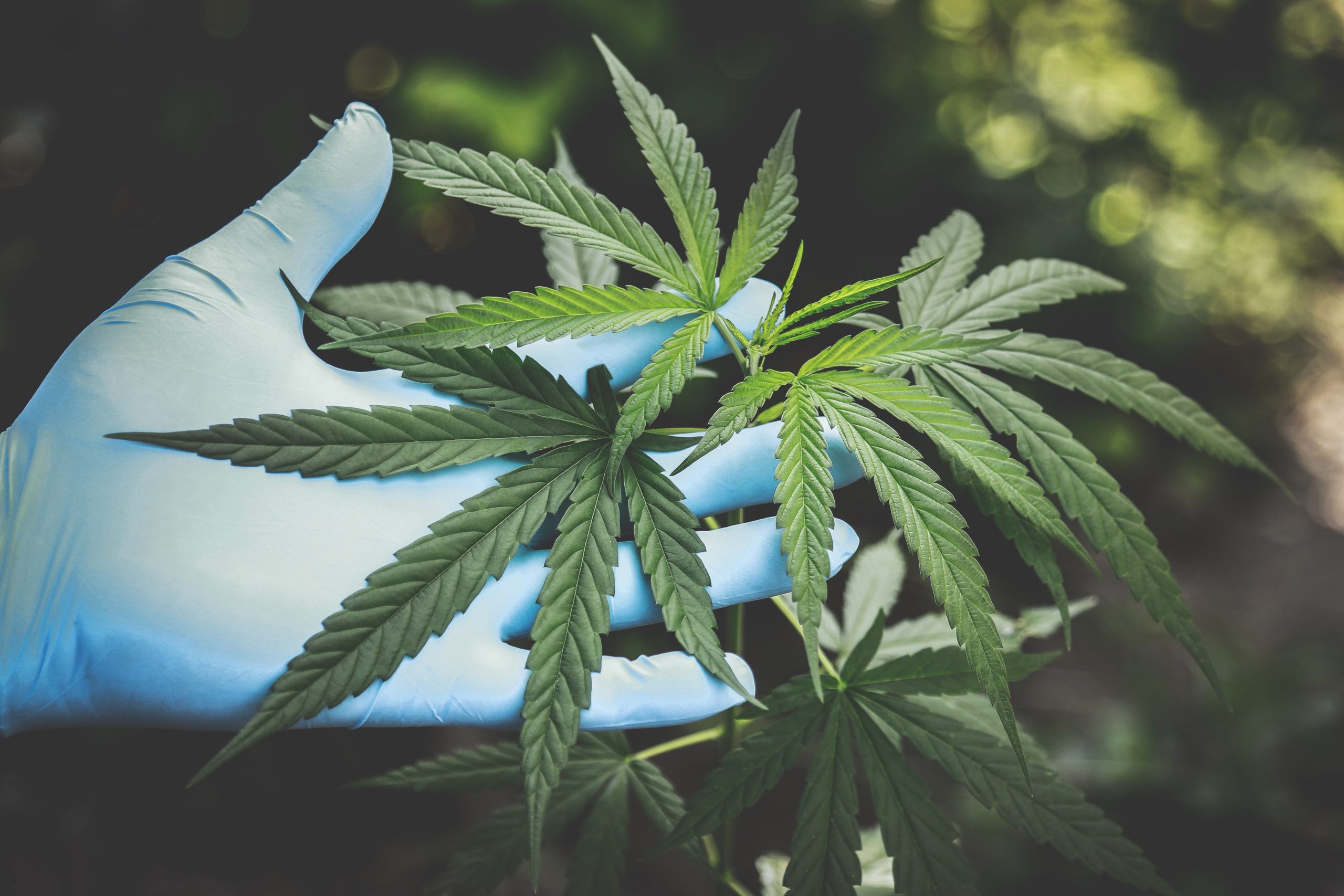
Individuals suffering from Irritable Bowel Syndrome (IBS) often experience various digestive distress symptoms like abdominal pain, bloating, diarrhea, and constipation. With the increasing popularity of alternative natural remedies, many individuals are turning to cannabidiol or CBD as a potential solution for easing IBS symptoms. This article explores the relationship between CBD and IBS, examining its effects, benefits, and potential risks.
Understanding IBS
IBS is a common gastrointestinal disorder that affects the large intestine. It is characterized by recurring abdominal pain, bloating, and changes in bowel habits. Although the exact cause of IBS is unknown, it is believed to be a result of various factors including muscle contractions in the intestine, abnormal serotonin levels, inflammation, and changes in gut bacteria. It can significantly affect an individual’s quality of life, leading them to seek effective treatments.
What is CBD?
CBD, short for cannabidiol, is a natural compound found in the Cannabis sativa plant. Unlike its counterpart THC (tetrahydrocannabinol), CBD is non-psychoactive, meaning it does not produce a “high” sensation. CBD has gained attention for its potential therapeutic properties in various health conditions, including chronic pain, anxiety, epilepsy, and inflammation.
The Potential Benefits of CBD in IBS
Recent research suggests that CBD may have potential benefits in managing IBS symptoms. Some of these potential benefits include:
Pain Relief: CBD may help alleviate abdominal pain and cramping associated with IBS.
Inflammation Reduction: CBD possesses anti-inflammatory properties, which may help reduce inflammation and discomfort in the gastrointestinal tract.
Regulating Bowel Movements: CBD may help regulate bowel movements, reducing the instances of diarrhea and constipation commonly experienced by individuals with IBS.
Anxiety and Stress Relief: CBD has been known to have calming effects, which can help reduce anxiety and stress, which are common triggers for IBS symptoms.
Potential Risks and Side Effects
While CBD shows promise in alleviating IBS symptoms, it is crucial to be aware of potential risks and side effects. It is important to note that the research on CBD is still in its early stages, and its long-term effects are not yet well understood. Some potential risks and side effects of CBD usage include:
Drowsiness: CBD may cause drowsiness and affect cognitive function in some individuals. It is essential to avoid driving or operating machinery under the influence of CBD.
Interaction with Medications: CBD may interact with certain medications, so it is crucial to consult with a healthcare professional before adding CBD to your treatment regimen.
Quality and Purity: Not all CBD products are created equal, and some may contain impurities or inaccurate labeling. It is important to choose high-quality CBD products from reputable sources.
How to Incorporate CBD for IBS Relief
If you are considering using CBD for IBS relief, it is essential to follow these guidelines:
Consult with a Healthcare Professional: Seek advice from a healthcare professional who can guide you through the potential benefits and risks of CBD usage.
Start with Low Dosage: Begin with a low dosage of CBD and gradually increase as needed. This helps determine your individual tolerance and gauge the effectiveness.
Choose Quality CBD Products: Look for reputable brands that provide third-party lab testing and ensure the products are free from harmful substances.
Monitor and Track Your Progress: Keep a journal to document your CBD usage, dose, and any changes in symptoms. This can help you and your healthcare professional assess the effectiveness.
Conclusion
CBD holds potential in providing relief for individuals suffering from IBS, through its anti-inflammatory, pain-relieving, and anxiety-reducing properties. However, it is vital to approach CBD usage cautiously, consulting with healthcare professionals and choosing high-quality products. More research is needed to fully understand the effectiveness and long-term effects of CBD in managing IBS, but it presents a promising natural option for those seeking relief from digestive distress and associated symptoms.

